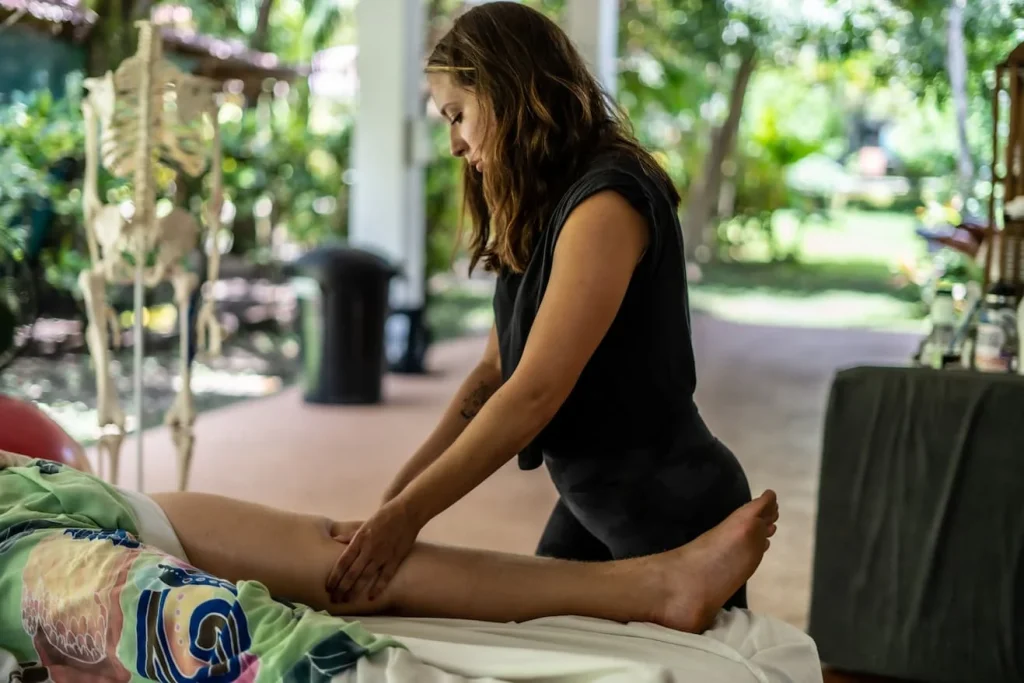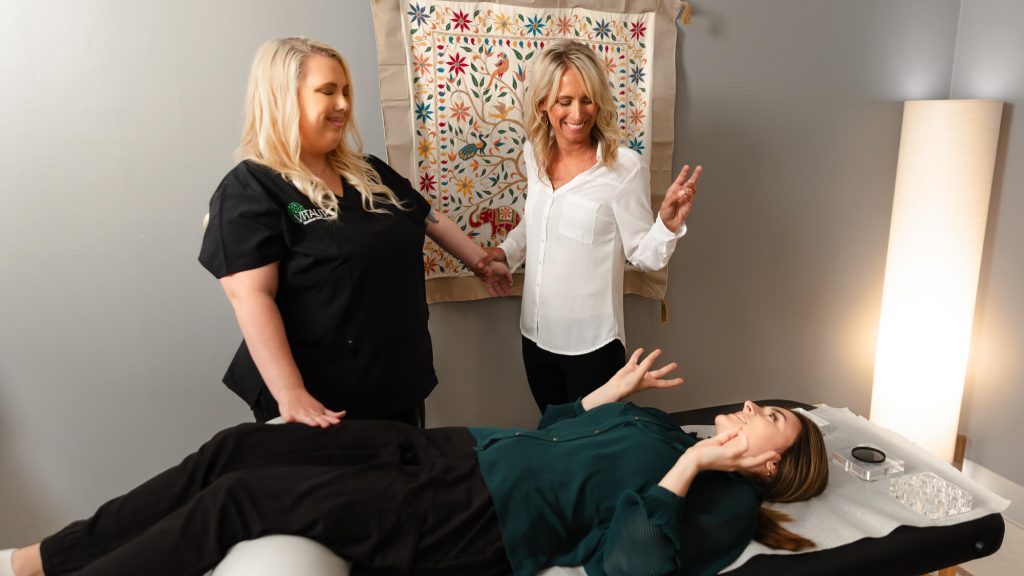
In recent years, alternative health practices have grown in popularity as people seek holistic, natural approaches to well-being. While conventional medicine remains essential for treating acute illnesses and emergencies, many individuals are turning to complementary and alternative therapies to improve overall health, prevent disease, and achieve balance between mind and body.
This article explores the principles of alternative health, its most common practices, potential benefits, and the importance of integrating natural methods with modern medicine.
What Is Alternative Health?
Alternative health refers to healing practices outside of mainstream Western medicine. It emphasizes natural remedies, holistic care, and treating the root cause of illness rather than just symptoms. Unlike conventional medicine, which often relies heavily on pharmaceuticals and surgery, alternative approaches encourage the body’s natural ability to heal itself.
The term also overlaps with complementary medicine, which refers to using natural therapies alongside traditional treatments—for example, practicing yoga while undergoing physical therapy, or using acupuncture to reduce chemotherapy side effects.
The Core Principles of Alternative Medicine
While practices vary widely, most alternative health systems share common values:
-
Holistic Care: Treating the body, mind, and spirit as interconnected.
-
Prevention Over Cure: Emphasizing healthy lifestyle choices to prevent disease.
-
Natural Remedies: Using herbs, nutrition, and natural therapies instead of synthetic drugs when possible.
-
Self-Healing: Supporting the body’s innate ability to repair and restore balance.
-
Individualized Care: Recognizing that every person requires a unique approach to healing.

Popular Alternative Health Practices
1. Herbal Medicine
Herbs have been used for thousands of years to treat ailments. Remedies like ginger for digestion, turmeric for inflammation, and echinacea for immune support remain popular today. Herbal medicine is central to traditional systems like Ayurveda and Traditional Chinese Medicine (TCM).
2. Acupuncture
Originating in China over 2,000 years ago, acupuncture involves inserting thin needles into specific points on the body to balance energy flow (qi). Studies suggest acupuncture may help with chronic pain, migraines, and stress reduction.
3. Chiropractic Care
Chiropractic treatment focuses on spinal adjustments to improve alignment, reduce pain, and enhance nervous system function. It is especially popular for back pain, neck pain, and posture correction.
4. Ayurveda
An ancient Indian system of medicine, Ayurveda emphasizes balancing the three doshas (energetic forces) through diet, herbs, meditation, and detoxification. Its holistic philosophy integrates mind, body, and environment.
5. Homeopathy
Based on the principle of “like cures like,” homeopathy uses highly diluted natural substances to stimulate the body’s healing processes. While controversial in scientific circles, it remains widely practiced worldwide.
6. Meditation and Mind-Body Practices
Meditation, yoga, tai chi, and qigong are increasingly recognized for reducing stress, improving focus, and supporting overall wellness. These practices combine movement, breathwork, and mindfulness.
7. Naturopathy
Naturopathic medicine combines nutrition, herbal remedies, and lifestyle counseling to support healing. Naturopaths focus heavily on prevention and teaching patients how to maintain long-term wellness.
Benefits of Alternative Health Approaches
-
Reduced Side Effects – Many natural remedies have fewer side effects compared to prescription drugs.
-
Holistic Healing – Alternative health emphasizes treating the whole person, not just symptoms.
-
Empowerment – Patients are encouraged to take an active role in their own healing journey.
-
Stress Relief – Practices like meditation, yoga, and acupuncture help reduce stress, a major contributor to chronic illness.
-
Complementary Use – When combined with modern treatments, alternative therapies can enhance recovery and improve quality of life.
Scientific Evidence and Skepticism
While many alternative practices have been validated through research, others lack strong scientific evidence. For example:
-
Acupuncture has shown effectiveness in pain management in multiple clinical trials.
-
Meditation and yoga are supported by studies demonstrating benefits for mental health and cardiovascular health.
-
Herbal medicine is widely used but requires caution, as not all herbs are safe or effective.
Skeptics argue that some therapies, like homeopathy, rely on placebo effects rather than measurable mechanisms. For this reason, it is essential for individuals to research thoroughly and consult healthcare professionals before relying solely on alternative methods.
Risks and Safety Considerations
Alternative therapies are generally safe when practiced responsibly, but there are risks:
-
Herbal interactions: Some herbs can interfere with prescription medications (e.g., St. John’s Wort can reduce the effectiveness of antidepressants).
-
Unqualified practitioners: Choosing licensed, trained professionals is crucial to avoid harm.
-
Delaying treatment: Relying only on alternative therapies for serious illnesses can be dangerous if it delays necessary medical care.
For the best results, alternative health should be integrated with conventional medicine rather than replacing it entirely.
The Rise of Integrative Medicine
Integrative medicine combines the best of both worlds: conventional treatments with evidence-based natural therapies. For example:
-
Cancer patients may use acupuncture and meditation alongside chemotherapy to reduce side effects.
-
Individuals with chronic pain may combine physical therapy, chiropractic care, and mindfulness.
-
Stress management programs often include both medical evaluations and yoga or meditation.
Hospitals and clinics worldwide are increasingly adopting integrative health programs, recognizing the value of addressing both the physical and emotional needs of patients.
How to Incorporate Alternative Health into Your Life
If you are curious about alternative health, here are practical steps to get started:
-
Start with prevention: Focus on nutrition, exercise, and stress management as the foundation of health.
-
Explore mind-body practices: Try yoga, meditation, or tai chi to improve balance and reduce stress.
-
Consult professionals: Seek advice from licensed acupuncturists, naturopaths, or herbalists.
-
Educate yourself: Read reputable sources and research the evidence behind specific therapies.
-
Integrate with medical care: Always inform your doctor about alternative treatments you are considering.

Conclusion
Alternative health is not about rejecting modern medicine but about broadening our understanding of healing. By embracing natural remedies, holistic practices, and mindful living, individuals can take a more active role in their well-being.
From acupuncture and Ayurveda to meditation and herbal medicine, alternative approaches offer tools to restore balance, reduce stress, and prevent illness. While not all methods are backed by strong scientific evidence, many are proving to be valuable complements to conventional care.
Ultimately, the best path to health may lie in integration—combining the wisdom of ancient traditions with the power of modern science to create a holistic approach that supports both body and mind.







